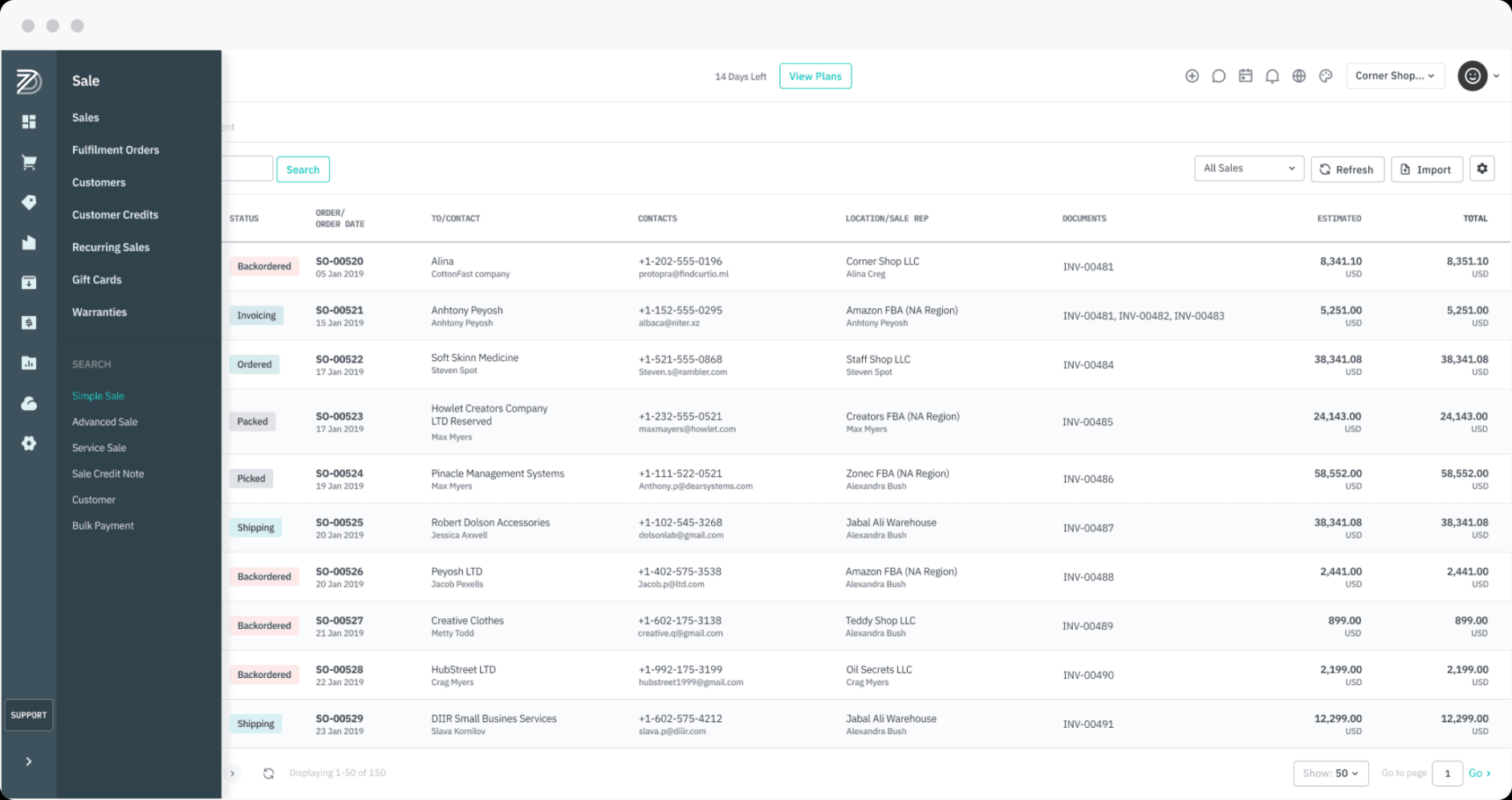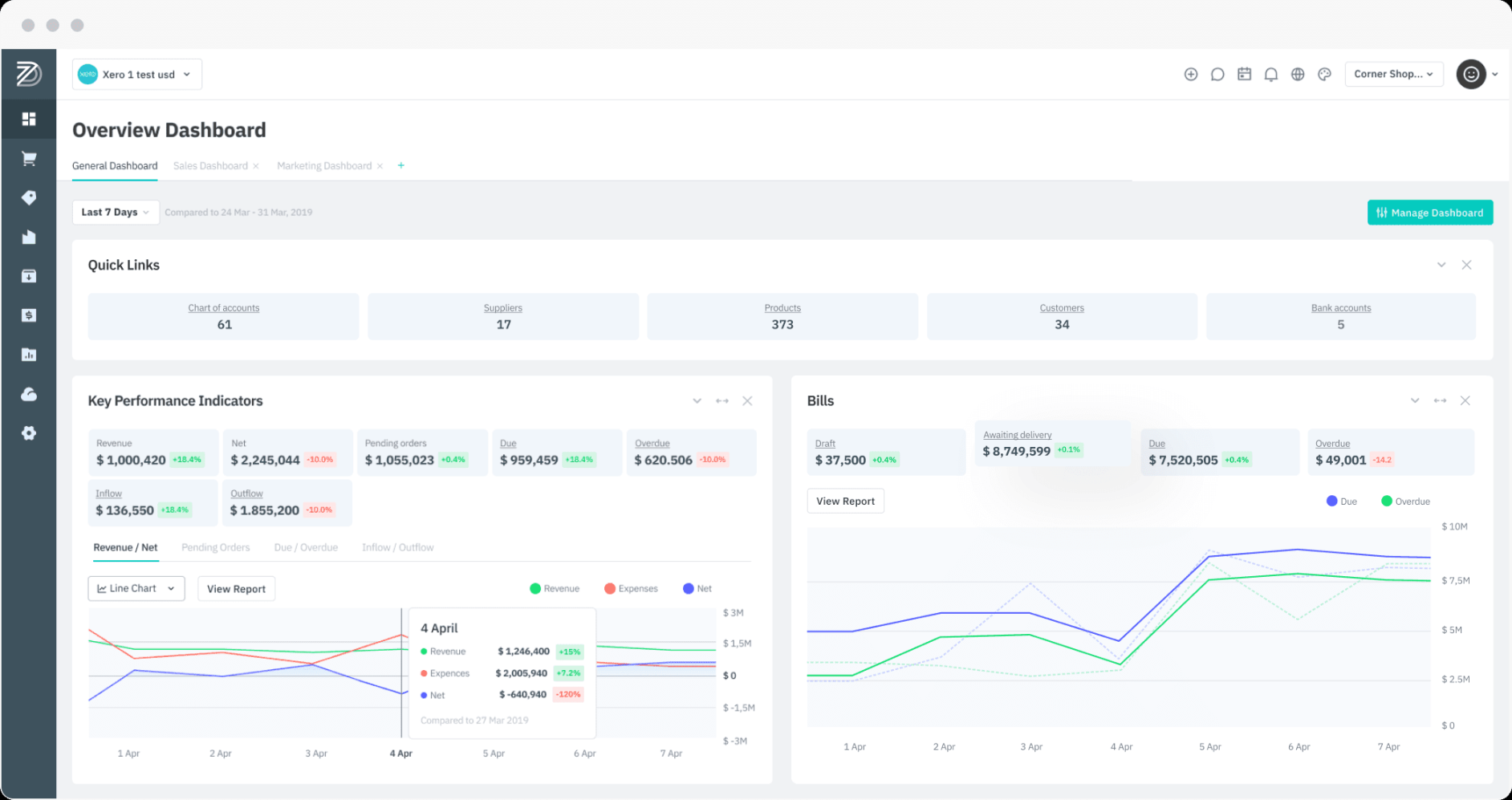Enterprise Resource Planning (ERP) systems are the backbone of many businesses today. They streamline and integrate core business processes, giving companies a unified view of their operations and enabling them to make data-driven decisions.
But with so many different ERP systems on the market, it can be overwhelming to know where to start.
Fear not! This comprehensive guide will walk you through everything you need to know about ERP systems, from what they are to how they can benefit your business.
What is an ERP System?

The Central Hub of Your Business
An ERP system is a software application that integrates various functional areas of a business into a single system. These functional areas can include finance, accounting, human resources, manufacturing, supply chain management, customer relationship management (CRM), and more. By centralizing data and processes, ERP systems eliminate the need for multiple disparate systems, improving efficiency and reducing errors.

Benefits of a Unified System
There are many advantages to using an ERP system. Here are just a few:
Improved data accuracy and consistency: With a single source of truth for all your business data, you can be confident that you’re working with accurate information.
- Enhanced visibility and control: ERP systems provide real-time insights into all aspects of your business, allowing you to make better decisions and identify areas for improvement.
- Increased efficiency and productivity: ERP systems automate many manual tasks, freeing up your employees to focus on more strategic work.
- Improved customer service: ERP systems can help you track customer interactions, resolve issues faster, and provide a more personalized experience.
- Reduced costs: ERP systems can help you save money by streamlining processes, reducing waste, and improving inventory management.
Considering an ERP System? Here’s What You Need to Know
Understanding Your Needs
Before you start shopping for an ERP system, it’s important to take some time to understand your business needs. What are your pain points? What are your long-term goals? What size is your company? What is your budget? Once you have a good understanding of your needs, you can start to narrow down your options.
Choosing the Right System
There are a wide variety of ERP systems on the market, each with its own strengths and weaknesses. It’s important to choose a system that is the right fit for your business. Here are some factors to consider:
Industry-specific functionality: Some ERP systems are designed for specific industries, such as manufacturing or healthcare. Choose a system that has the functionality you need to run your business effectively.
- Scalability: Consider how your business is likely to grow in the future. Choose an ERP system that can scale with your needs.
- Ease of use: The system should be easy for your employees to learn and use.
- Cost: ERP systems can be a significant investment. Be sure to factor in the total cost of ownership, including the cost of software, hardware, implementation, and ongoing support.
The Implementation Process
Once you’ve chosen an ERP system, it’s time to start the implementation process. This can be a complex undertaking, so it’s important to work with a qualified ERP implementation partner. The implementation partner will help you configure the system to meet your specific needs and train your employees on how to use it.
Data Migration
One of the most important aspects of the implementation process is data migration. This involves moving your existing data to the new ERP system. It’s important to carefully plan and execute your data migration strategy to ensure that your data is accurate and complete in the new system.
The Benefits of a Successful ERP Implementation
A successful ERP implementation can have a transformative impact on your business. Here are just a few of the benefits:
Improved operational efficiency: ERP systems can help you streamline your processes and improve your bottom line.
- Enhanced decision-making: ERP systems provide you with the data you need to make better decisions about your business.
- Increased collaboration: ERP systems can help you break down departmental silos and improve collaboration between different parts of your business.
- Improved customer satisfaction: ERP systems can help you provide a better customer experience by improving your ability to track customer interactions and resolve issues.
Conclusion
ERP systems are a powerful tool that can help businesses of all sizes improve their operations and achieve their goals. If you’re considering implementing an ERP system, take the time to do your research and choose the right system for your business. With a successful implementation, you can reap the many benefits that ERP systems have to offer.